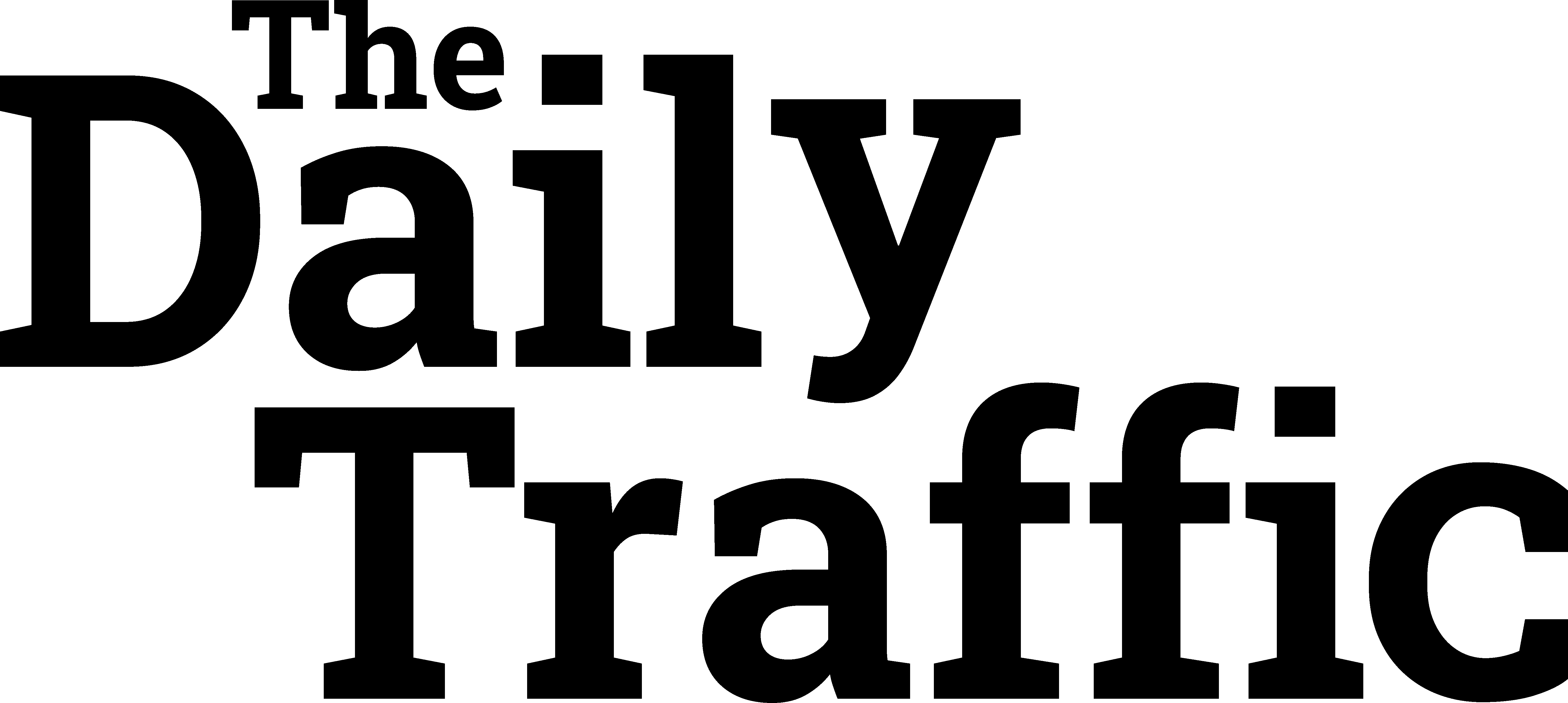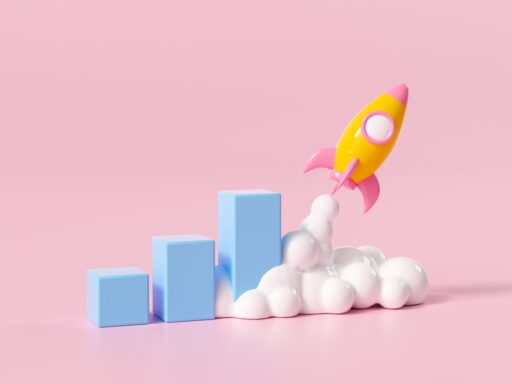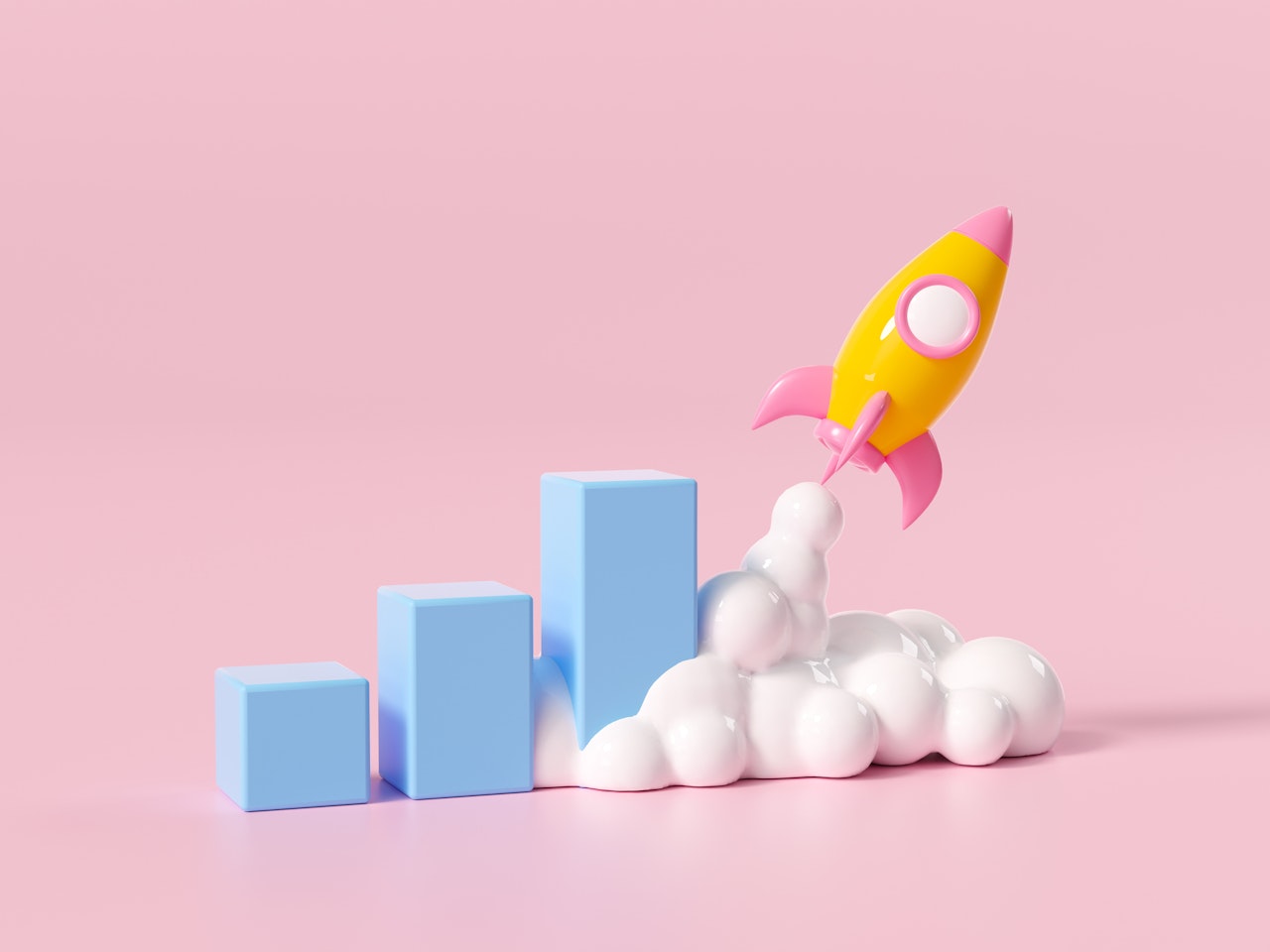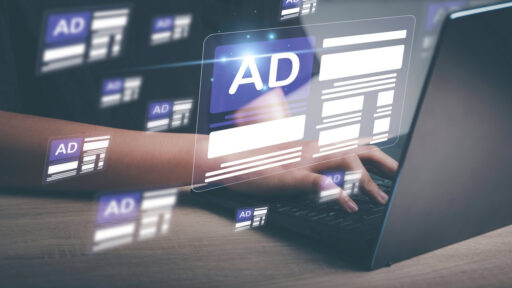Originally Posted on “Marketing” – Google News by Mariia Lozhko
Enhance the creativity and efficiency of your marketing efforts with these tips and tricks from the Depositphotos team.
Text-to-image generators possess great potential for businesses. Besides being helpful as tools for outsourcing mundane design tasks, they can help marketing departments conduct tests, study their customers, and provide them with personalized solutions.
How can you fully take advantage of artificial intelligence (AI) image generators if you are not a designer? The Depositphotos team recently launched its solution for generating commercially safe pictures from text prompts and is glad to share tips on leveraging the tool for marketing departments.

How does an AI image generator work?
Understanding how text-to-image generators work is essential for having a clear vision of their potential to reach marketing goals.
Modern tools of this type are based on advanced AI models trained on large amounts of data. Databases they’ve processed are typically libraries of images where each item comes with a detailed text description or a caption. The bigger the database, the higher the quality of generated images one receives. Machine learning models used for text-to-image generative tools are also trained for text encoding to clearly “understand” the required visual output.
Another aspect is image construction. It usually happens layer by layer—from a random noise stage to building a composition and adding colors and details—so, in the end, a user can enjoy a high-fidelity picture of a particular style. The more specifics you include in your text prompts, the better the generations. Examples of perfect prompts for image generation can be found here: How to generate images for business with AI.
Legal issues related to the usage of generated images are a hot topic. You must own the corresponding rights to add a visual to your advertising campaign, branding, or social media communication. Since some generative tools leverage various open sources for machine learning without notifying authors that their pictures were used for this purpose, images created with them shouldn’t be used for commercial projects.
However, AI Image Generator by Depositphotos produces unique files licensed for commercial use.
5 ways to use an AI image generator for marketing tasks
The main advantage of image generators is that they can streamline creative processes by quickly delivering graphic solutions on request. Generating images for social media campaigns or blogs is not the only way to save time and money on content marketing. Here are five non-obvious ways to use text-to-image tools for marketing departments:
1. Product visualization & mockups
Early-stage marketing campaigns require realistic product visuals that are hard to create if your final product is still in progress. AI helps you generate a view of your future product and play with its design. If you are working on producing physical goods, consider several product design options with your focus group to choose the most promising one.
For digital products, you can use generative AI to create app or website page mockups to showcase your product to investors.

2. Customizing user experience
Tools like AI Image Generator by Depositphotos can expand your opportunities to customize ads or interfaces and tailor them to the needs of diverse audiences. For example, you can easily create several versions of the same banner or poster for representatives of different demographics or customers who have shown specific behavior on your website.
Another way to increase personalization is to provide customers with interactive experiences by adding generative tool APIs to your digital products. For example, you can let them create their own designs for your app.
3. Smooth communication between coworkers
Most marketing campaigns are heavily based on visuals. The choice of a key visual is often a big decision, and developing one takes time. A text-to-image generative tool can simplify communication between marketing professionals and designers and save production time by allowing them to exchange visual references. In particular, they can agree on styles, color palettes, and other aspects during early production stages.
Creating several versions of a key visual to choose from is one more task you can speed up with a generative tool.

4. Consistency across campaigns
Visual consistency is essential for business as it boosts brand recognition and helps you share marketing messages effectively. However, brand guides for designers or media partners are not the most time-saving or reliable way to maintain consistency in marketing communication.
Try to apply text-to-image generators to create images that fit your branding and correspond to corporate values. Remember that you can teach an AI model your brand guidelines by simply using it frequently.
5. Creating educational material for your team
Onboarding new team members usually takes time, and to reduce it, graphic materials containing detailed information about how a specific marketing department operates can be used.
Text-to-image AI can simplify the production of learning materials and make them easy to digest and remember. The same strategy can be applied to customer onboarding and content marketing, which leverages educating users to make them loyal. Consider sequential visual storytelling principles to improve your educational visuals even more.

Boosting your marketing flow with image generation. Where to start?
Integrating innovative AI-powered technologies such as text-to-image generation can enhance the creativity and efficiency of your marketing efforts.
To get a smooth start, determine the areas of your marketing routine that need an AI-powered generator. The next step is to set guidelines for your team so that they understand image generation and how to formulate effective prompts. The last phase is all about experimenting. Choose a campaign or brand marketing area you would like to improve, use generative AI, and study the results.






